- Do you subscribe to Dharma Dog Training’s Newsletter? You should.
- A Unique Campaign from The Humane Society of the United States
- Rabid bats in Omaha- Stay safe, prepared with these tips
- Springtime Activities in Omaha
- Mill Dog Monthly from Bailing Out Benji
- World Spay Day, Legislative Alert in Nebraska
- Attend the Nebraska Rescue Council’s monthly meeting this Saturday
- Five Hard-to-Ignore Reasons to Adopt!
- Paws in Pink to Benefit Breast Cancer Foundation
- VCA, Inc. Acquires MidWest Vet Specialists from Kansas State University
Winter is here- How to winterize your home, animals
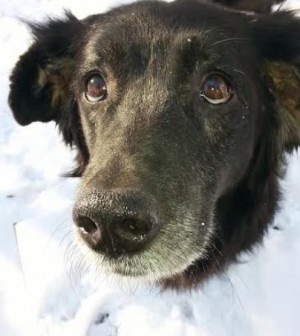
We’ve had a mild winter until recently, but the cold and snow will be here in earnest, no doubt. There are a number of long, cold weeks until spring, so now’s a perfect time to think about making your home and environments your pets occupy safe from the harsh elements we’ll see.
Take a look at this winter checklist and make sure you’ve got all of these things in mind as you protect yourself and your pets.
- Make sure to freshen water you leave outside a couple of times per day. Water and water bowls will freeze, so feed and water your animals inside whenever you can.
- Do you have a doggie/kitty door? Your animals may like to be outside in the winter, but if it gets too chilly, these door give pets an opportunity to come inside at their leisure. Check out dog doors for glass sliding doors here.
- Check the temperatures inside your garage and any other outdoor enclosures that your pets may occupy to prevent hypothermia and freezing. Also, items like antifreeze and ice melt can be dangerous, so check your shelters and make certain these are out of reach as these things can be poisonous to animals. When you buy winter items like this, ask if the store carries pet-friendly brands. They are out there, so you’ll want to choose them to escape any potential danger.
- Leave pets at home on errand day. Fluffy and Fido love to ride in the car with you, but it’s dangerous to leave them in the car while you run into the store for groceries.
- Check your dog or cat’s paws daily for any cracks, cuts, etc. as the cold is conducive to creating these injuries. If you have concerns about your pet’s paws, check with your veterinarian. Often, there are paw-toughening ointments or gels available to you and your pet.
- Chimney smoke is dangerous to animals, especially birds. Drafty windows can also hurt avians and exotic animals, so make sure to caulk around them. You will be more comfortable and the risk of a cold draft that could harm your pet will be eliminated.
- Keep extra pet food in your pantry in case you get snowed in. When the power goes out or the snow gets to be too high to drive, this will bring you some peace of mind and keep your pets from going without food. A backup generator may also be a good idea.
- Maintain the temperatures of aquariums. When the water changes its temp even a few degrees, your fish could get into a bad spot.
- Survey your yard. Certain areas may produce snow drifts that will enable your dog to escape over a fence quite easily. Wood piles should also be kept away from fences. Do whatever you can to keep your pets in the middle of your yard so the inclination to climb or jump over a fence disappears.
- This may sound strange, but get into the habit of popping the hood and checking out the inside of your car before you head out. Wild and domestic animals gravitate towards your engine’s heat and have been known to crawl under and up into cars to be near the heat. Finding a dead squirrel under your hood in the spring doesn’t sound fun, does it?
- Adjust your pet’s diet for the winter to suit their weight management goals. For small pets, you may want to decrease caloric intake a bit during the winter as they are not as active and may put on unnecessary weight. For larger pets, increase calories and exercise so they maintain weight and energy levels.
These are but a few tips. Practice safety and get a move on because the cold is here! Be prepared as winter is in full force. Have any tips that don’t appear above? Leave comments below, find us on Facebook or tweet them to us @PetsInOmaha.
Related Posts
Latest News
-
Choosing the Right Pet for Your Lifestyle
Are you thinking about getting a pet but unsure what...
- Posted 1 week ago
- 0
-
How to Make Your Rescue Pet as Comfortable as Possible
Did you bring home a new pet from a shelter...
- Posted 1 month ago
- 0
-
How Having A Pet Can Change Your Life
Having a pet can open your heart in ways that...
- Posted 6 months ago
- 0
-
How To Improve The Life Of Your Senior Pet
Do you have an elderly fur baby and want to...
- Posted 7 months ago
- 0
-
Springtime Activities To Enjoy With Your Furry Friends
Are you preparing for warmer weather and want some ideas...
- Posted 8 months ago
- 0
-
Pros And Cons Of Microchipping Your Pets
Have you considered whether your pets should be microchipped and...
- Posted 9 months ago
- 0
-
The Best New Fun Toys For Dogs And Cats
The Best New Fun Toys For Dogs And Cats Did...
- Posted 9 months ago
- 0



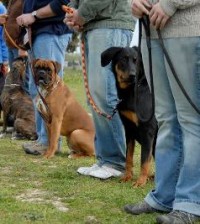

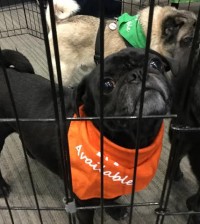






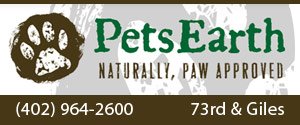




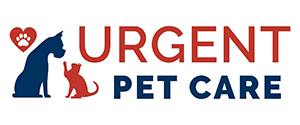




You must be logged in to post a comment Login